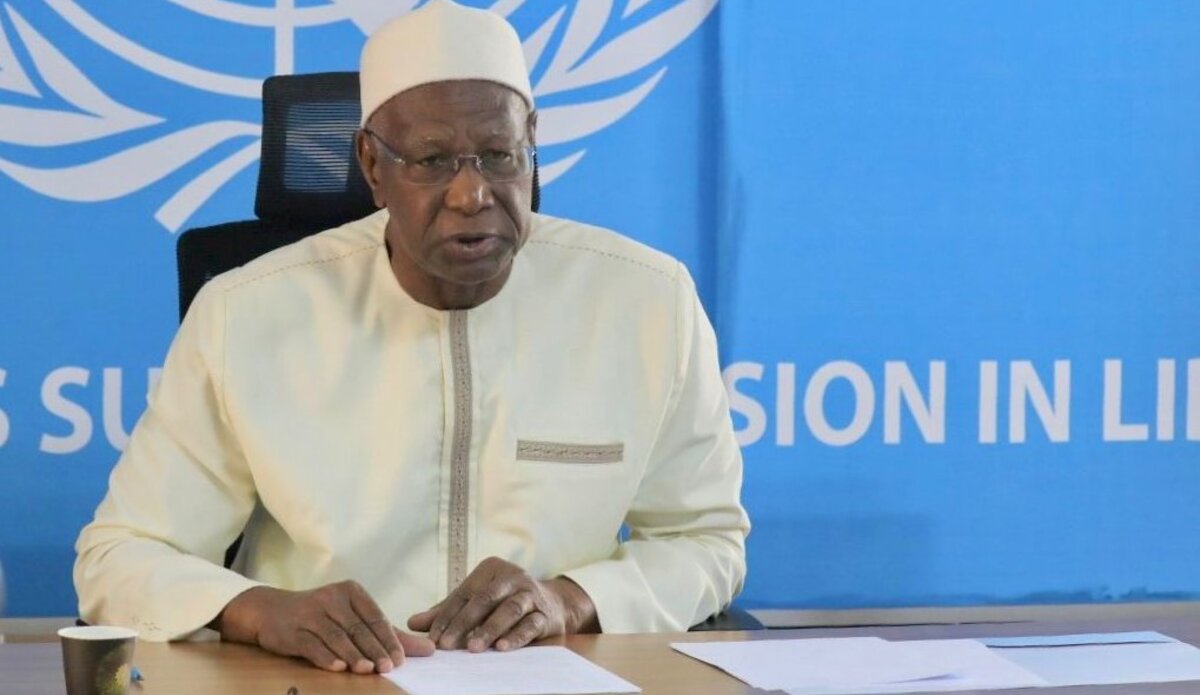Batili confirms that the continued dispute between the House of Representatives and the state regarding electoral laws exposes the country to another political crisis.
Pulbished on:
New York, October 16, 2023 (LANA) - The UN envoy to Libya, Abdullah Batili, said that the continued dispute between the House of Representatives and the state regarding electoral laws and the new government exposes the country to another political crisis.
In his periodic briefing before the Security Council session on Libya on Monday, Batili confirmed that the electoral process in Libya has witnessed some progress and that the revised election laws have improved over the previous version issued by the 6+6 Committee.
Batili also stressed that the Council of State's refusal to amend the electoral laws threatens the gains achieved, and I call on the Council of State to abandon this position
He pointed out that the controversial matters in the election laws, which I highlighted in my previous briefing, remained unresolved, and the most important of these differences is the mandatory second round of the presidential elections.
He added that the mandatory article for the second round of the presidential elections forces the winners of the first round to enter a second round, regardless of the number of votes.
Batili pointed out that the other controversial point regarding the election laws is choosing a new government, which can only be reached through negotiation between all parties, stressing that the Election Commission informed the mission that implementation of the law will not begin until after the dissolution of the new government.
Batili explained that linking the presidential elections to the parliamentary elections could complicate the holding of the elections on the same day, and subject the validity of the parliamentary elections to the presidential elections, warning that there is a risk of violent conflict resulting from one party appointing a new government.
Batili stressed that electoral laws alone will not make the elections successful, but they need support from security and military institutions and groups, political parties and others, expressing his readiness to conduct a process that results in the formation of a single government that will take the country to the elections.
The UN envoy also stressed that the Libyan people want to end the conflict and the risk of disintegration in the country by holding elections, calling on all international partners to support the electoral process in Libya as a single path that gives the country unified institutions.




